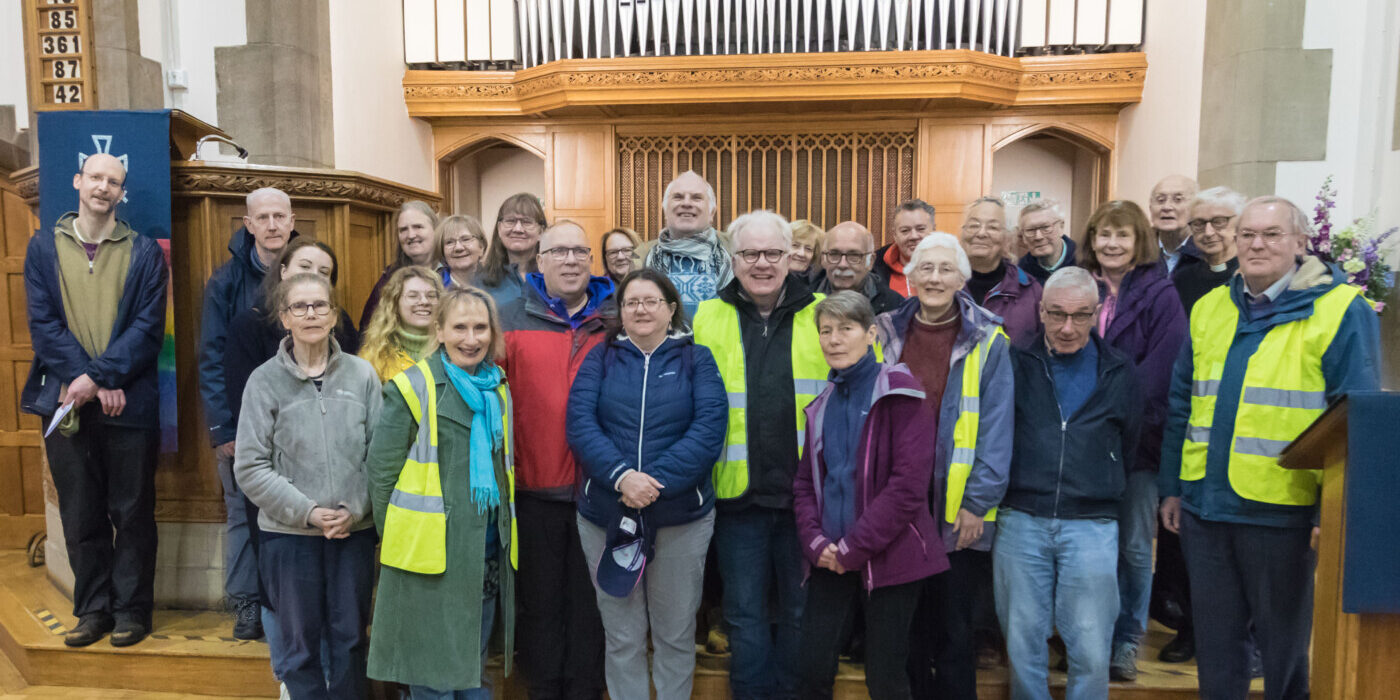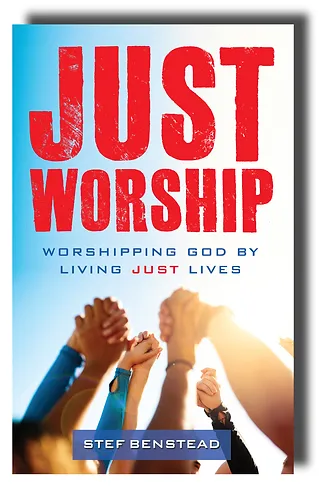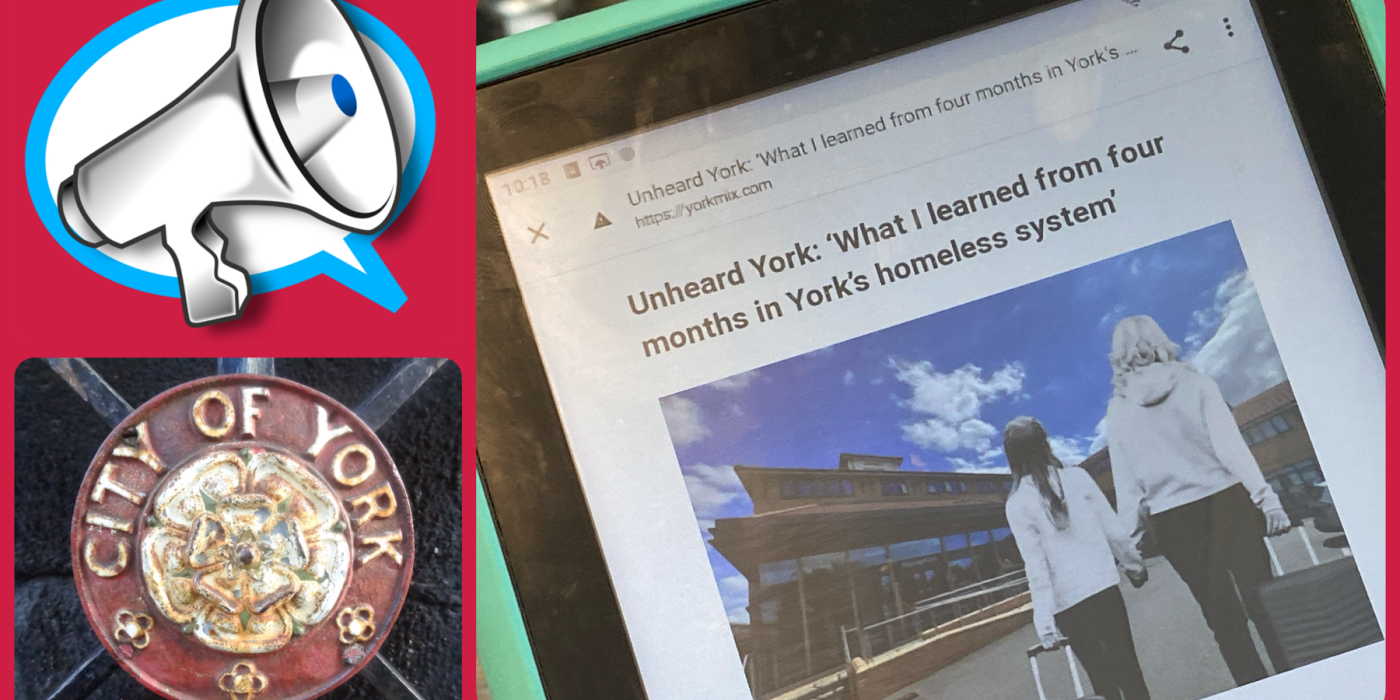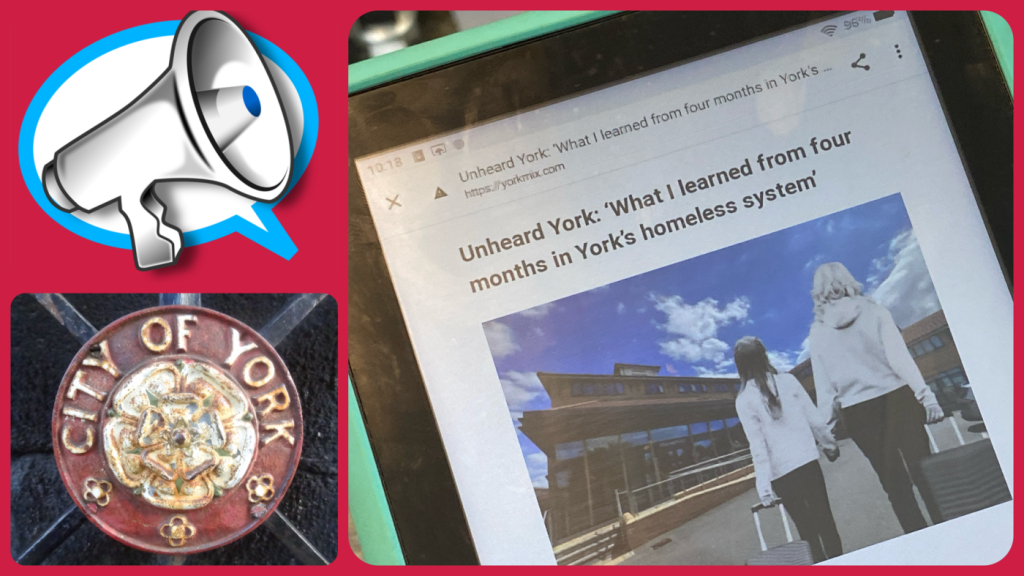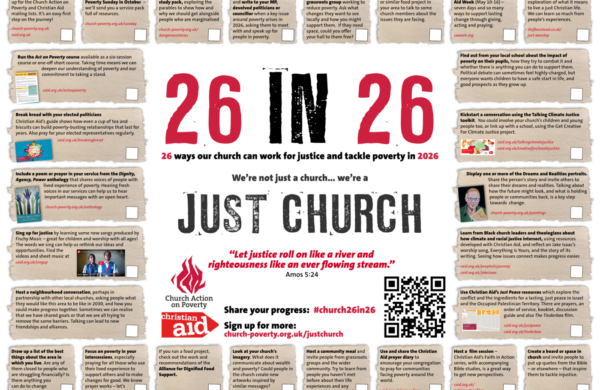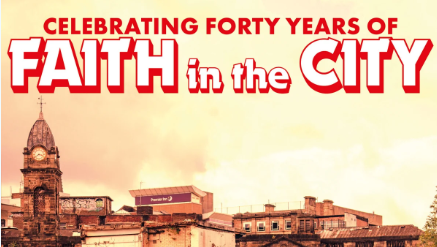Saturday 19 October 2024, 9:30am - 3:00pm: hear about local issues and responses to them as we walk and pray together
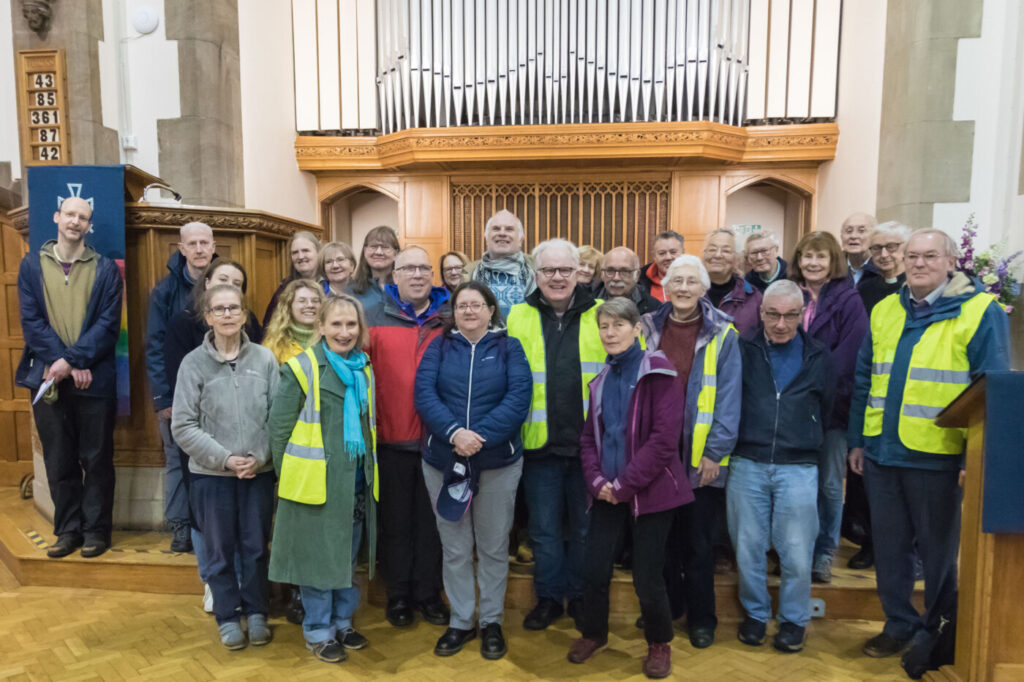
Gather: 9:00am, St Andrew’s URC Church, Upper Hanover Street for a 9:30am start
Visit: St Mark’s Church Broomhill; St Mary’s Walkley; Sacred Heart Roman Catholic Church, Hillsborough; with pauses for prayer at Sheffield’s central hospitals and women’s rights campaigner Adele Pankhurst’s former home
Meet: People tackling local social challenges.
Length: 2.8 miles
End: 2:30 – 3:00pm
Join us and learn about:
- St Andrew’s support for almost 30 local groups, representing, among others, the Iranian and Iraqi communities.
- A range of social action projects provided by St Mark’s Broomhill, including its soup run, lunch club and girls’ group.
- The work of St Mary’s Walkley in the local community and supporting local food banks.
- How Sacred Heart Hillsborough created and developed its Covenant with the Poor, including support for Sheffield Credit Union.
- The challenges facing the community.
Practicalities
- This year’s Pilgrimage involves gradients over around 4% up and down, each over distances of around one mile, so please think carefully about your fitness to tackle these gradients.
- St Andrew’s is best reached by public transport. Sheffield Supertram’s University stop is closest to the church and Supertram’s Hillsborough Interchange stop is close to the end of the Pilgrimage, for the return journey.
- The 51, 52, 52a and 257 buses along Western Bank and buses running along West Street and Glossop Road include the 6 and 120.
- Parking is limited close to the start of the Pilgrimage. There is an open-air car park on Broomspring Lane with 20 spaces, limited to four hours.
- There is also a mixture of long- and short-stay parking on Fitzwilliam Street, Eldon Street and Wellington Street.
- There are covered car parks on Durham Road, opposite the Children’s Hospital and off Rockingham Street, further from the Pilgrimage start.
- Please follow stewards’ advice, particularly at road crossings.
- Walkers take part at their own risk. Please wear suitable footwear and bring a waterproof. Anyone under 18 must walk with a responsible adult.
- The event is not suitable for dogs as we enter premises.
- We will stop for lunch at St Mary’s Walkley. Please bring your own packed lunch and drinks.
- Several locations we visit have toilet facilities.
Come and be open and be challenged and changed by what you see and hear
For more information or to register to attend, contact Briony Broome on 07801 532 954 or send an email by clicking below.
26 in 26: The new social justice poster for churches
Justice is integral to our faith. Church Action on Poverty and Christian Aid have teamed up to produce a new poster that your whole church …
How should churches address rural poverty?
How is rural poverty changing, and how should churches, dioceses and Government respond? Paul Phillips explores the issue, and reports on his diocese’s work. In …
Faith In The City: why it still matters, 40 years on
In a new book, authors Terry Drummond and Joseph Forde revisit the landmark Faith In The City report, 40 years on. Faith in the City, …
Pantries reach 1 million visits – as new research proves they work
Community breakfast held to mark millionth visit New research shows Pantries improve people’s health, reduce worries and reunite communities Thank you for your amazing support! …
Grief is hard enough: it’s time to improve funeral support
Lindesay Mace from Quaker Social Action outlines their latest work to help people with funeral costs Bereavement can be a deeply challenging experience. In the …
New toolkit: Hosting a regional anti-poverty roundtable
Our new roundtable guide will help churches or dioceses to host productive regional events We’ve published a new resource for churches and dioceses who would …
Review: The Perils of Universal Credit
Ellie Malhotra reviews a new play, a much-needed wake-up call for change that restores power to voices that are too often ignored. Tucked away above …
On poverty and justice: A sermon and prayer for this week
In this guest sermon, John Davies from Liverpool reflects on the parable of the unjust judge and the persistent widow Readings: 2 Timothy 3:14-4:5, Luke …
New: The Autumn 2025 Spark newsletter
Click on the cover image to download the latest issue of our SPARK newsletter, full of stories, ideas and reflections. Download newsletter News Urgent: Ask …
Prayer, care and action: how Christians should respond to injustice
Guest writer Greg Smith shares a personal story of injustice in the care system, and urges churchgoers to demand better from our society. We first …
The amazing 11-year-olds uniting a community through food
This inspiring story tells of five 11-year-olds, who have become the youngest people in the UK to launch a Pantry. Makayla, Ahmad, Retaj, Ayman and …

